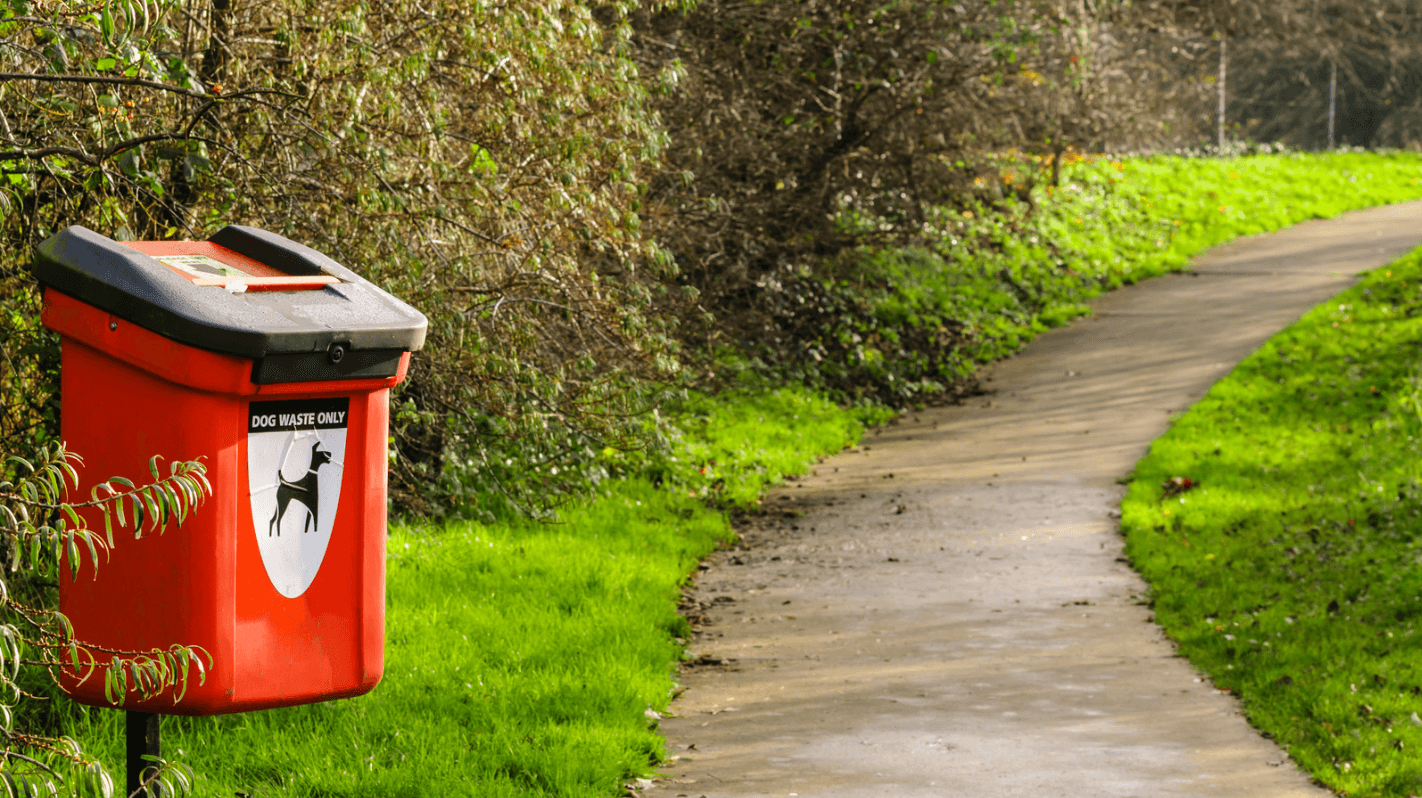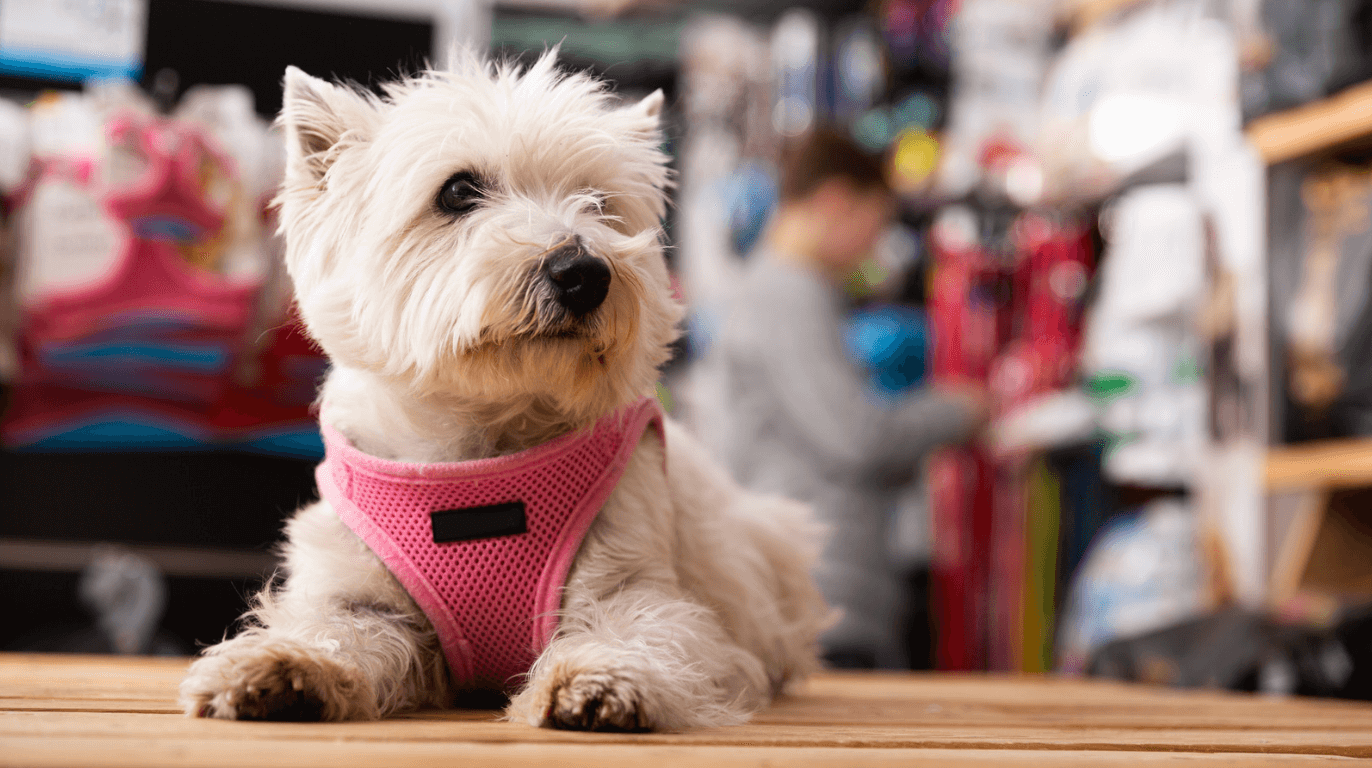Sorry about that! It looks like we’ve run out of stock for that product. Sign in below and we’ll send you an update when it’s back in stock.
In our latest article we are taking a look at one of the less attractive but hugely important elements of owning a dog, and that’s poo. Keeping an eye on the state of your dog’s poo can help you understand the health of your dog and give you an idea of what you need to do to maintain or improve its health.
As we all know, poo is the leftovers of the food your dog is consuming and in an ideal world your dog will be eating well, absorbing most of what it consumes, and defecating very little. However, that is not always the case, especially if your dog is eating commercial kibbles and treats!
A (very) Brief History of Dog Food
If we take a look back just over 100 years ago commercial dog food hadn’t been invented so dogs ate foods such as off cuts from the butcher, or leftovers from our meals, which was better than much of what’s widely available in the supermarkets today.
If we look back even further to when dogs were predominantly wild, they fed themselves and that meant hunting and eating what was available, uncooked, seasonal, but above all raw (bones and all). For as we repeat throughout our website, there are no ovens in the wild.
However, from the early 1900’s manufacturers started producing tinned meats, which over the 20th century then progressed to more efficient, more cost effective, but far less nutritional kibbles. The idea being that the less meat and moisture the manufacturers have to include, the more efficient the process and the more money the manufacturers would add to their bottom line.
Kibbles are also cleaner and easier to store for the pet owners, although from the dog’s perspective, nutrition and digestion became of less importance, so convenience became a more important factor than health.
Sadly, this was to the detriment of our pets. They were forced to eat nutrient poor, dry food, packed full of cereals, grains and other cheap fillers which dogs do not need as part of a healthy diet. This has caused many dogs to have poor gut health. Poor gut health has a wealth of negative knock on effects but to summarise it, the better the gut health the better the all-round condition.
Kibble fed dogs often suffer from bulky and usually very smelly poo, as well as other conditions such as high cholesterol, being overweight, joint issues, hyper or hypo activity, temperamental issues, skin condition, poor coat and bad teeth with plaque and tartar build up. The list goes on!
So, now that we have covered a very brief history of how we have got to where we are now, we can look at what we are doing, or can do moving forward.
NOTE - The image below shows the progression of a 14kg dog's stools from being fed kibble to progressing onto a raw dog food diet over the space of a week.

With the wealth of medical advancements at our finger tips we have learnt (and will continue to learn) that what we put in the body has a massive effect on the health of that body.
When you start to feed a raw dog food diet you will notice some almost immediate improvements. The smell will subside with less smelly stools and far less in the way of farts. The stools themselves will also reduce in size as the dog absorbs more of food and subsequently passes less waste.
You will also notice that they drink less because there is a higher water content in raw food when compared to kibbles. This is most noticeable when you are cleaning up the poo. Not only are they smaller but they often start turning white after 12 to 24 hours, which then turn into dry white pellets with an almost chalk like consistency.
The next thing you will notice is the coat becoming shinier and stronger as well as improvements in the skin or any skin conditions your dog may have had.
The temperament often starts to improve with them becoming calmer and less anxious and generally happier in themselves.
For many dogs you’ll notice them having better energy levels and being able to run and play for longer when on walks.
Over the subsequent weeks you’ll notice their teeth improve due to there being less build-up of the sticky food types which dries on the teeth and turns into tartar and then causes gum disease etc. The bone found in raw dog food mince, as well as bone meals such as carcasses and ribs, also helps scrape away any build up. This will heavily reduce costly and traumatic trips to the vets to have them manually cleaned.
Over time you’ll notice their weight settle into the weight they should be naturally, which then has a positive knock effect to the joints with less strain being put on them. Their bones will become stronger due to the calcium and nutrients found in the bone content.
Remember, you will need to add herbage of some form because meat doesn’t contain everything a dog needs for healthy and balanced diet. Using one of the Dorwest products such as Easy Greens or Keeper’s Mix will add those vital vitamins.
If for any reason they suffer from runny stools, take note of the food type that you fed them prior to this and back track to a food type (protein) that you were feeding them when they had healthy stools. It is likely that the bacteria in the gut have been unsettled and needs help to rebalance.
If your dog’s stools become a bit runny you can feed them a little more bone which can help firm up the stools. Adversely, if your dog’s stools are a bit dry, then perhaps reduce the amount of bone being fed and feed more protein such as chicken, turkey, lamb, or beef for example.
If symptoms persist then give your dog’s gut some help by adding a prebiotic such as Neptune’s Yard Fermented Seaweed and try some chicken and white fish, or even chicken and tripe which contains a huge amount of good naturally occurring bacteria. You can also try Phytopet PetCol which contains both pre and probiotics to get your dog’s gut back to peak condition.
PLEASE NOTE – IF you have serious concerns or symptoms worsen then we always advise contacting your vet.
As with humans, all dogs are different so will react differently to the various proteins available however, we have been working with pets most of our adult lives and have been specialising in raw feeding since 2004. In all that time, the most common answer to most of the enquiries we get regarding pet health issues is diet related.
Once the owner makes that change, moving away from commercially produced kibbles and treats and moves to raw dog food and natural dog treats, the health issues reduce, leaving them with a happier and healthier dog with far less time spent at the vets and more time spent living their best lives.
If you are looking to make that change for your dog to a raw dog food diet and need help doing so, then please click here and have a read of this article expaining what to expect when feeding a raw dog food diet, or get in touch and have an obligation free chat to one of our raw feeding specialists.
